This answer was taken from https://forums.embarcadero.com/thread.jspa?threadID=227785 and I've confirmed works very well.
Drop a TApplicationEvents component onto the applications main form.
Implement the OnHelp event of that component as this:
function TfmMain.ApplicationEvents1Help(Command: Word; Data: NativeInt; var CallHelp: Boolean): Boolean;
begin
CloseHelpWnd;
Result := ShellExecute(0,'open','hh.exe',
PWideChar('-mapid '+IntToStr(Data)
+' ms-its:'+Application.HelpFile),
nil,SW_SHOW) = 32;
CallHelp := false;
end;
On the main form, implement the CloseHelpWnd method as this:
procedure TfmMain.CloseHelpWnd;
var
HlpWind: HWND;
const
HelpTitle = 'Your help file title';
begin
HlpWind := FindWindow('HH Parent',HelpTitle);
if HlpWind <> 0 then PostMessage(HlpWind,WM_Close,0,0);
end;
You would replace 'Your help file title' with the title of your help file. This is the window caption title when you open the help file directly.
In the FormDestroy event for the main form, include a call to
CloseHelpWnd;
So far we've not seen any issues with the above method, and because we are running the help file in a separate process, it is not affected by the VCL Styles problems evident in Delphi 10.2 Tokyo.
NOTE: It does not have to be the applications main form, but it must be a form that is created before the help system is needed and remains instantiated while the application is running. In our case, we did it on a common resources form and then all programs we rebuilt with the new form had the help problem resolved.
NOTE: You still need to set the Application.HelpFile property as normal, but you don't need to include the HtmlHelpViewer unit in the Uses clause.

